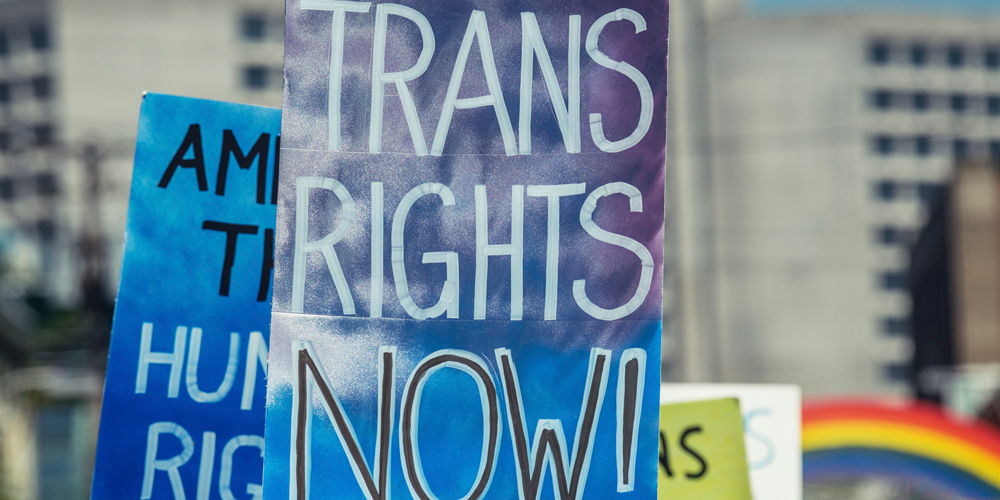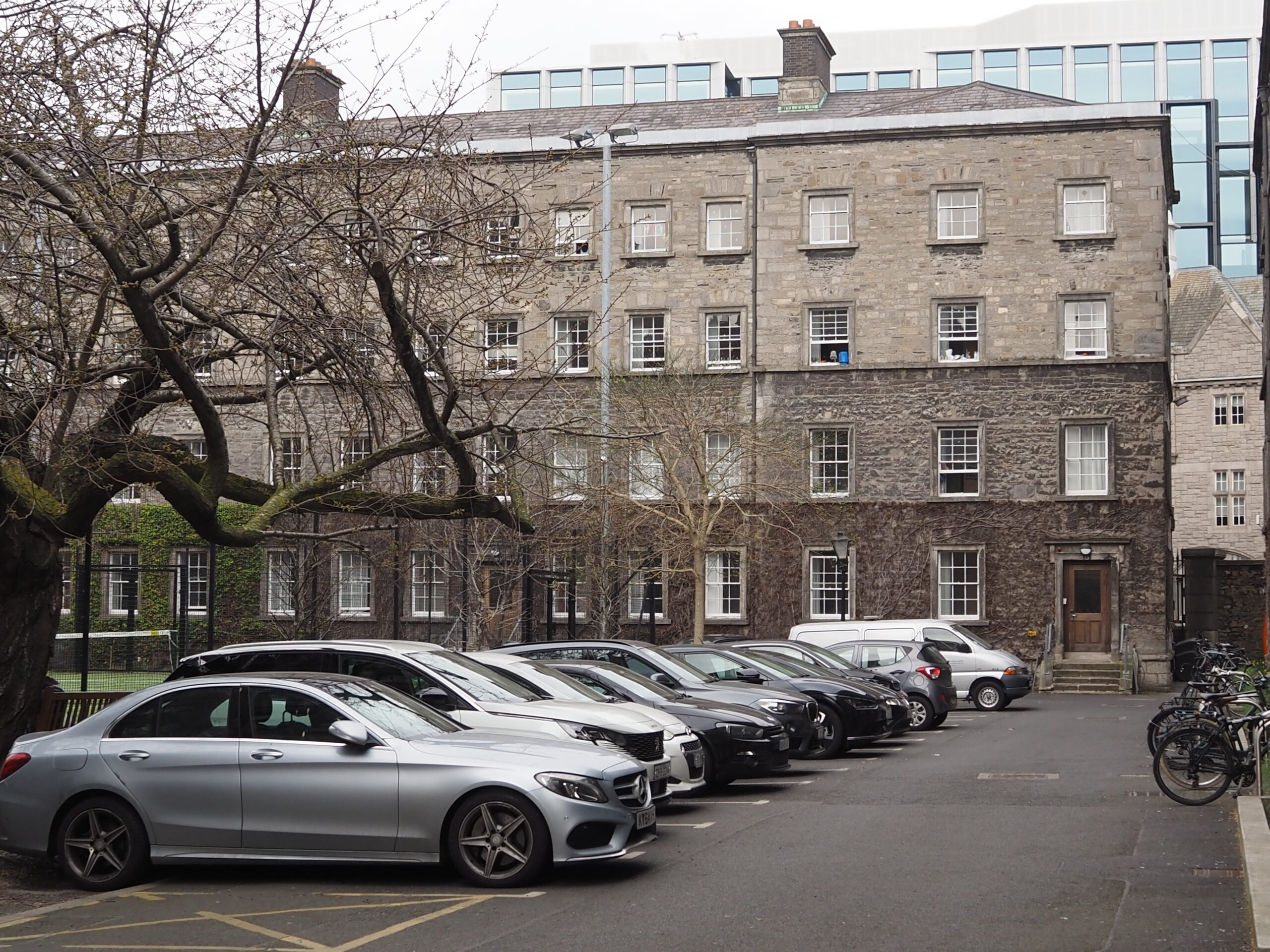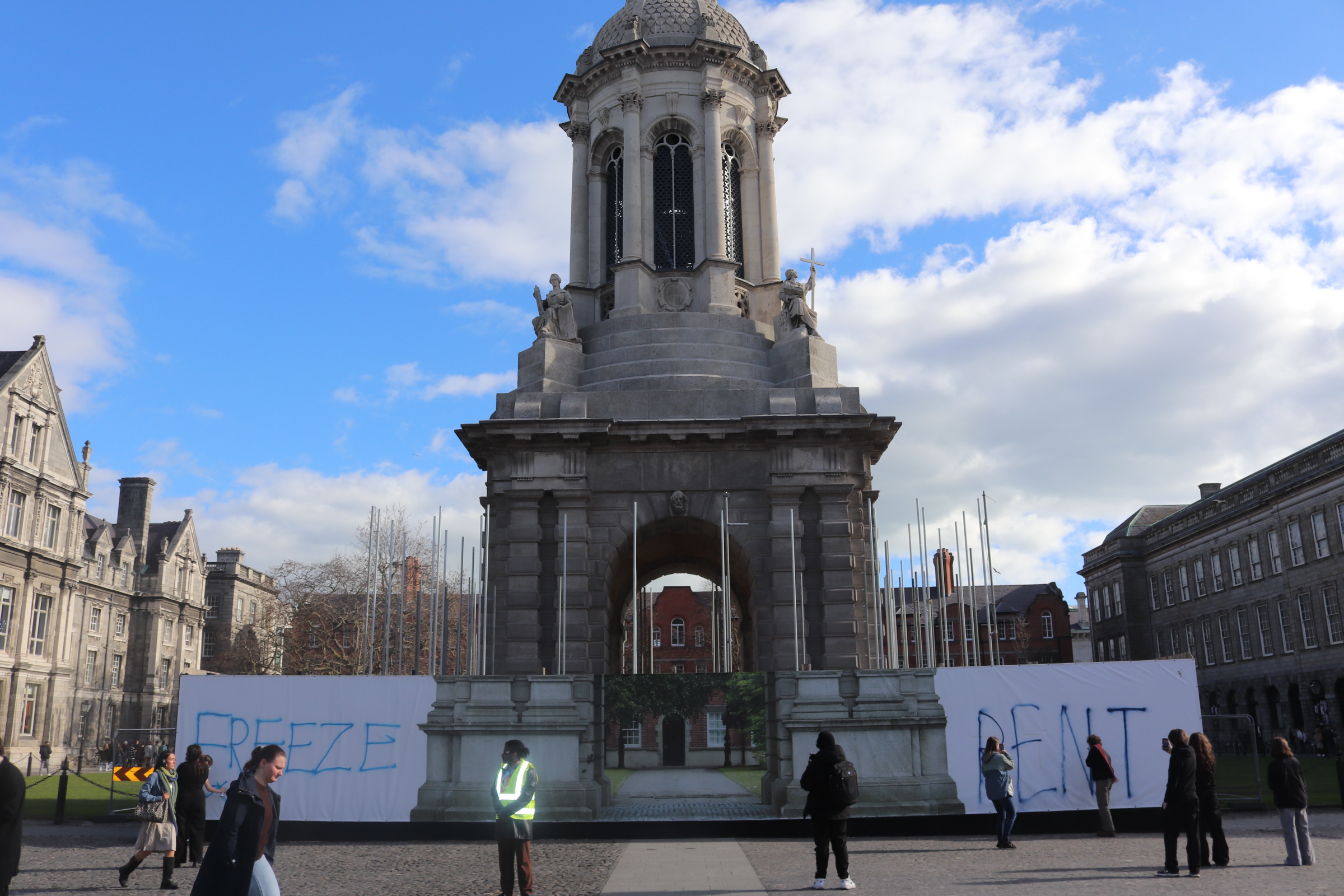The Trinity Fashion Society recently issued an apology for their inclusion of a “transgender” category in their annual fashion show, which aimed to “revel in the bravery and vigour of once-marginalised people”. The apology was called for by some, accepted by many, but also criticised by others. That some students have called this call for an apology “outrageous” and questioned that anyone would be offended by this depiction only proves the lack of knowledge that surrounds transgender people and their current place in society.
To place transgender people under the category of “once-marginalised” is to misunderstand the reality for transgender people in many countries today. Ireland is the only EU member state with no provision for recognising transgender people in their acquired, or true, gender, and thus are not equal in the eyes of the law. In Ireland and the UK 78 per cent of trans people have thought about ending their lives and 40 per cent have attempted suicide. Transgender people face higher levels of youth homelessness, discrimination in the workplace and harassment than almost all other sections of society. Any sector of society that faces these odds can simply not be described as having transcended a state of marginalisation or persecution.
Even though moustaches sported by models in the show were in the spirit of Movember rather than in line with false stereotypes that can be considered transphobic, the fact that this decision wasn’t questioned before the event just proves the lack of awareness around stigma transgender people face and the fundamental misunderstanding of what it is to be transgender. To decide that “transgender” works as a theme for a fashion show is to believe that all transgender people dress or express themselves in a similar way, but that is not the case with any gender. Rather, transgender was mistakenly confused with the idea of androgyny in fashion.
That students expressed surprise that people would be offended is disappointing. To request an apology after such an incident is appropriate, not least because it highlights the issues around what kinds of representations of transgender people are acceptable. If these representations are allowed to go unchecked, we open up more possibilities of offensive, bigoted and simply uninformed depictions.
Student2Student, a TCD society that provides students with support and mentoring, requested an apology because they understood that such an inclusion would prove offensive or upsetting for some people in our community. They called for such an apology as “a society committed to an inclusive college”. Even if such a false representation didn’t directly cause offense to anyone, there should not be backlash for calling out how often-persecuted and misrepresented people are depicted. For students to be angry that this offended other students demonstrates that we are not willing to listen to marginalised people and the realities that they face.
Also in Editorial this week: Accountability in an Institution that Tries to Hold Everyone Else to Account
Written by the Editorial Board of The University Times







